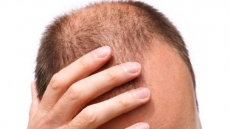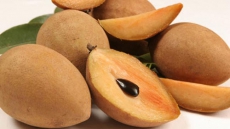Scientists have documented for the first time the DNA damage which can occur to the skin from the full range of ultraviolet radiation from the sun, leading to skin cancer.
Testing on human skin cell lines, this study shows the action spectrum of ultraviolet damage in cells derived from both the upper layer (dermis) and lower layer (epidermis) of the skin.
Our skin ages due to the constant exposure to sunlight as UV radiation comprising UVA and UVB rays from the sun penetrate cells and increase the number of damaging free radicals, especially the reactive oxygen species.
Too many reactive oxygen species can be harmful because they can damage the DNA within our cells.
Over time, this can lead to the accumulation of DNA damage, particularly in mitochondria - the batteries of the cells - which speed up ageing and destroy the skin's supportive fibres, collagen and elastin, leading to wrinkles.
"Because we were able to analyse the full spectrum of UVA and UVB induced sunburnt DNA damage in the batteries of human skin cells this is an invaluable tool for the cosmetic and pharmaceutical industries and for anti-ageing studies," said professor Mark Birch-Machin from Newcastle University, England.
Studies strongly suggest the damage caused by reactive oxygen species may also initiate and exacerbate the development of skin cancers.
The results would pave the way for better and more effective sunscreen lotions, the researchers said.
The results were published in The Society for Investigative Dermatology journal.





